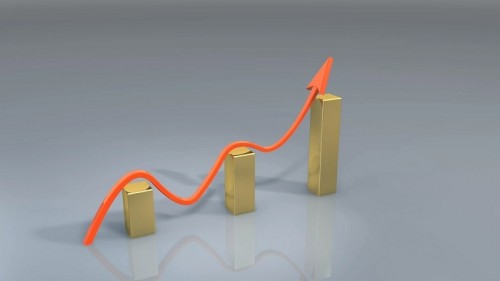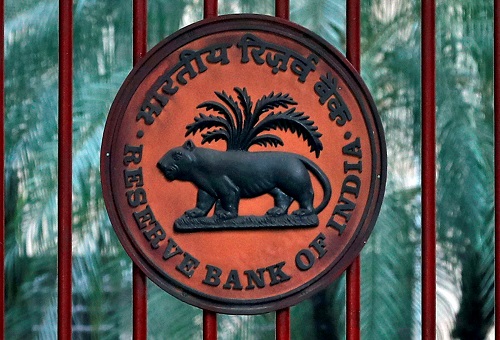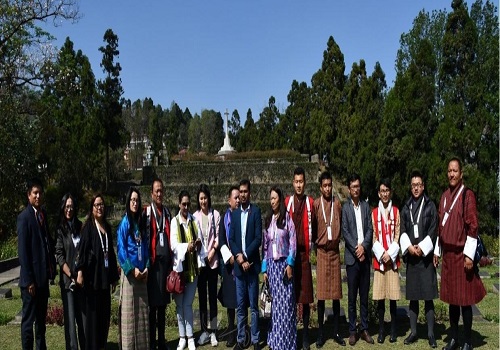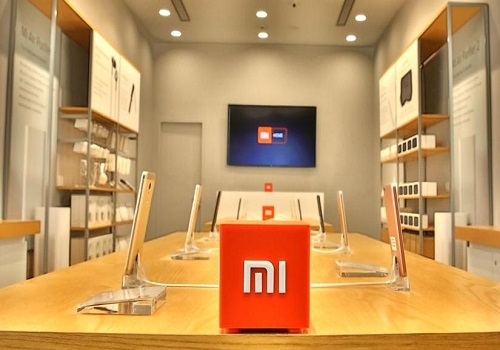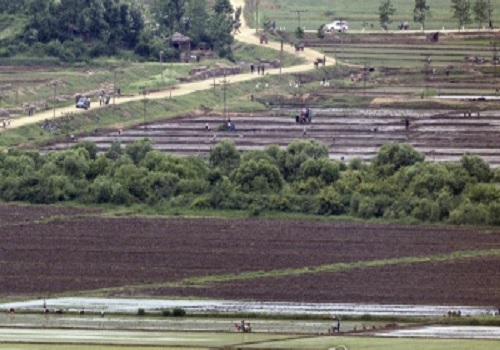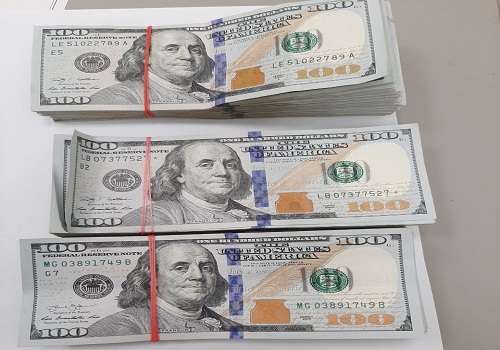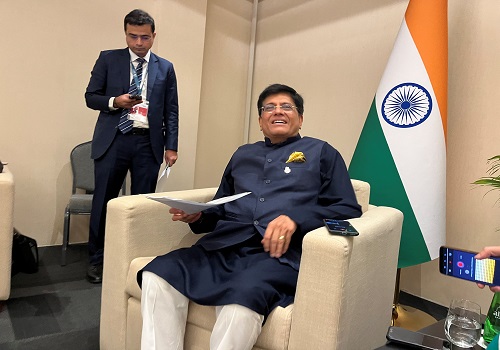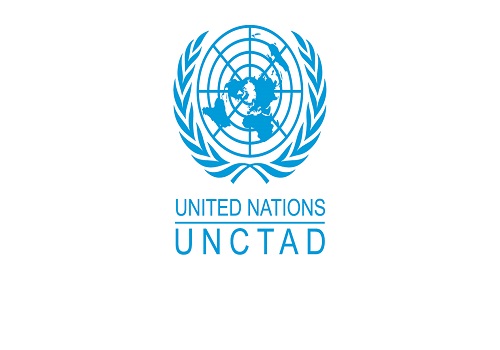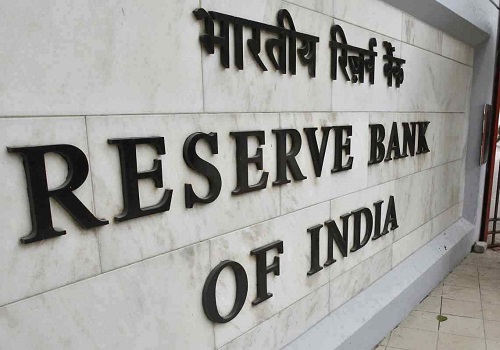Analysis-"Slow-balisation": how war, pandemic are reshaping global trade
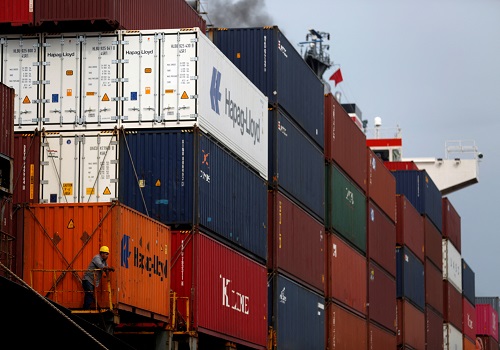
Follow us Now on Telegram ! Get daily 10 - 12 important updates on Business, Finance and Investment. Join our Telegram Channel
BRUSSELS - Raising the drawbridge has been a response to war and pestilence throughout human history, and the tumultuous winter of 2022 has similarly led trading nations to turn inward - though talk that the era of globalisation may be winding down seems premature.
The damage to international commerce stemming from Russia's invasion of Ukraine and the still unvanquished COVID-19 pandemic has made governments and companies more aware they need more resilient supply chains - even if that costs them more.
And as reliance on the mechanisms that drive the world economy gets called into question amid a scramble for resources, prominent voices - including asset management giant Blackrock's head Larry Fink - have warned of an end to globalisation.
The World Trade Organization, meanwhile, senses at least a slowdown.
It is likely in coming weeks to halve its current 4.7% forecast for global trade growth this year, a Geneva trade official said.
For its Director-General Ngozi Okonjo-Iweala, the best remedy for the twin shocks of war and COVID is to double down on trade.
"This is not the time to retreat inward," she told WTO members this week. "This is the time to stress the importance of multilateralism, global solidarity and cooperation."
She said supply resilience was best served by a deeper and more diverse international market, rather than by concentrating sourcing and production at home, which brought its own risks.
Russia's invasion of Ukraine and western sanctions imposed on Moscow have already led to national curbs on food supplies as grain exports from the region dwindle.
The Global Trade Alert database of government policies on international commerce says this year has witnessed the most policy changes hitting essential goods since the outbreak of COVID-19, when medical supplies were limited, with 18 countries setting up export controls on food and fertilizers.
It says 49 controls have been put in place on the two products, 31 of them in the month since Russia's invasion of Ukraine, with only two since removed.
EYES ON CHINA
Longer term, policymakers are waiting on China, which could fragment the world economy by choosing to align itself closely with Russia.
Addressing that concern, Bank of England Governor Andrew Bailey said the situation, along with sharp commodity price swings, was even more challenging than the aftermath of the global financial crisis of 2007-09.
"I think it is important that... we make clear that we are not abandoning our commitment to an open world economy," he told an event on Monday.
China has opposed the sanctions against Russia and said it will maintain normal economic relations with Moscow.
Their bilateral trade has surged, although those figures are dwarfed by Chinese trade with the rest of the world.
Analysts say China could offset some of its neighbour's pain by buying more from Russia, but it would be wary of falling foul of sanctions itself. Behind the scenes, Beijing is pressing companies to tread carefully with investments in Russia.
Still, Wang Yiwei, director of the Institute of International Affairs at Beijing's Renmin University, said the Ukraine crisis had exposed Europe's reliance on Russian energy and would increase its concern about dependence on China.
"The Ukraine-Russia conflict has highlighted the risks of globalisation and accelerated a trend of deglobalisation," he said.
The world economy was moving more towards regionalisation, he said, citing the 15-member Regional Comprehensive Economic Partnership (RCEP) trade pact as an example.
In his letter to shareholders a week ago, Blackrock's Fink was more blunt, declaring an end to three decades of globalisation. Companies were re-analysing their manufacturing footprints, something that COVID had already spurred them to do.
"And while dependence on Russian energy is in the spotlight, companies and governments will also be looking more broadly at their dependencies on other nations," Fink said.
Patrick Harker, the president of the Federal Reserve Bank of Philadelphia, said constant waves of COVID hitting supply chains had prompted a concerted effort to build a more resilient network, but this insurance would come at a cost.
As a reminder that the pandemic is not over, China's "zero-COVID" approach has left Shanghai, the country's most populous city and the world's largest container port, in lockdown.
Former WTO chief Pascal Lamy said that, rather than deglobalisation, the world seemed set for a period of "slow-balisation".
Services trade in particular should keep transfers across national borders growing, but there was likely to be some reshoring of goods, albeit limited.
"COVID and to some extent Ukraine have told us that we have to factor in more risks," he told Reuters. "Offshoring happened because it was more efficient. Reshoring happens because fragilities that were not priced in have appeared.... It is limited by the fact that it is costly and that consumers will have to pay this extra price."













